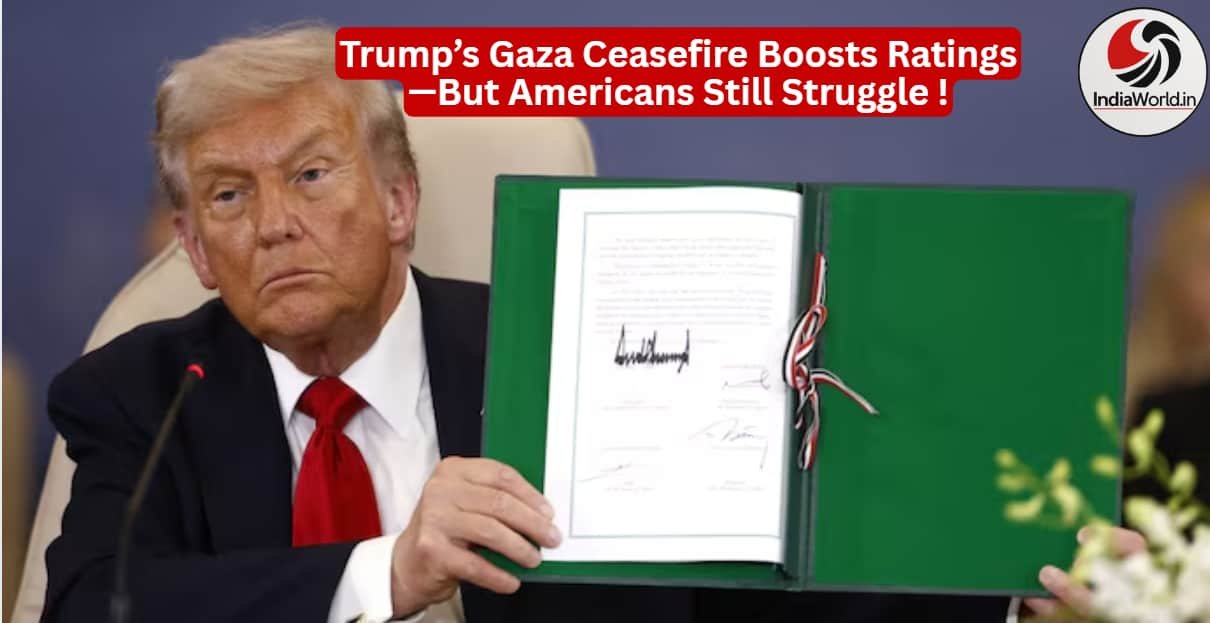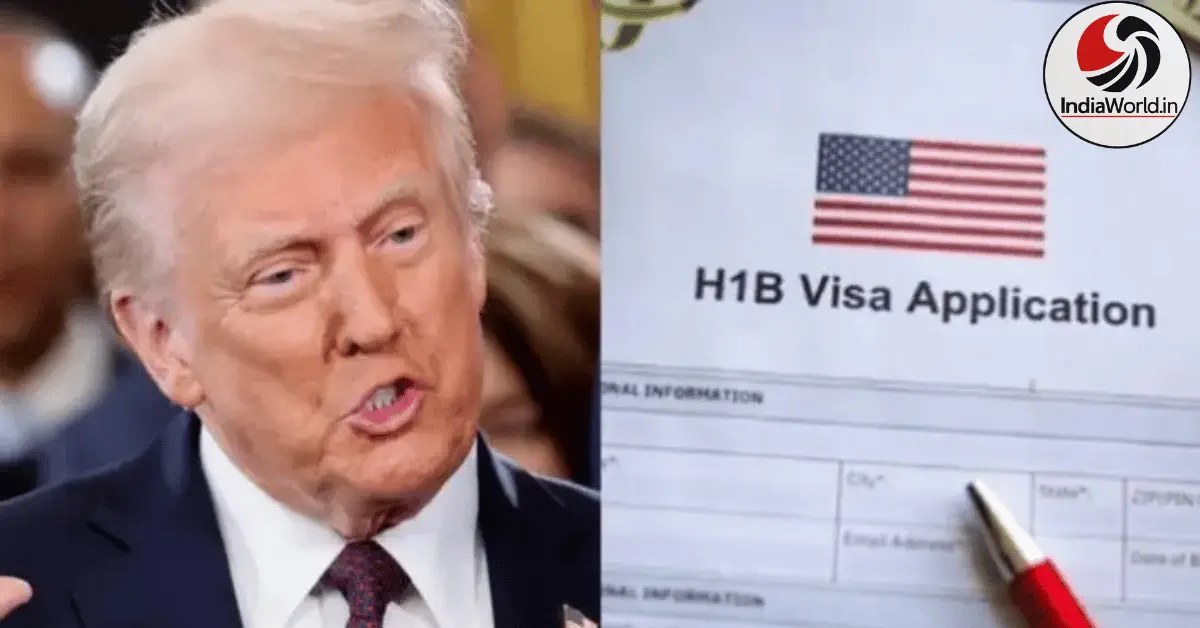Trump Reportedly Involved in Talks to Suspend Habeas Corpus, Sources Say
Former President Donald Trump is reportedly involved in internal White House discussions about possibly suspending habeas corpus — a cornerstone legal right that lets individuals challenge unlawful detention in court. According to CNN, two people with direct knowledge of these conversations confirmed Trump’s personal involvement.
Stephen Miller, one of Trump’s senior advisors, confirmed publicly that the administration is “actively looking at” this controversial legal move. He added that whether or not the action is taken depends on how the courts respond.
The discussions suggest that suspending habeas corpus isn’t just a fringe idea — it’s being seriously considered by Trump’s inner circle. Although Trump hasn’t used the term “habeas corpus” in public speeches, sources say it’s what he was referring to during an April 30 press conference when he spoke about potential steps to override court rulings that block his immigration policies.
“There are strong ways to handle this,” Trump told reporters. “There’s one particular method used by three very respected presidents. Hopefully we won’t have to go that route, but it is an option.”
It remains uncertain whether Trump and his team will actually attempt this. Legal experts say the idea would likely spark significant constitutional challenges and court battles. The White House has not provided additional comments beyond Miller’s public remarks.
What Is Habeas Corpus and Why It Matters
Habeas corpus is a constitutional safeguard that protects individuals from unlawful imprisonment by allowing them to challenge their detention in court. It’s been suspended only a few times in U.S. history — and only during major national crises, like wars or invasions.
Legal scholar Ilya Somin of George Mason University pointed out that while the Constitution allows for suspension of habeas corpus in extreme cases, like invasion or rebellion, the courts have historically rejected attempts to broaden that definition to include issues like illegal immigration.
“Some states have tried to argue that unauthorized immigration is an ‘invasion,’ but courts have consistently ruled against them,” Somin explained.
Immigration Policy and the Courts
The Trump administration has long voiced frustration with the federal judiciary, particularly in cases where courts have blocked enforcement of stricter immigration laws. Trump has publicly criticized judges, and Miller has referred to unfavorable rulings as part of a “judicial coup.”
Chief Justice John Roberts, responding to growing political pressure, recently emphasized the importance of judicial independence. Speaking at an event in Buffalo, New York, Roberts said, “The judiciary is a coequal branch of government, with the authority to interpret the Constitution and strike down acts of Congress or the president.”
He added that judges play a vital role in “checking the excesses” of both the executive and legislative branches.
What Could Happen Next?
Suspending habeas corpus would be an unprecedented move in modern American politics and would almost certainly face intense legal and public backlash. Whether Trump moves forward with the idea — either during a campaign or a potential second term — remains to be seen.
But the fact that it’s even under consideration marks a dramatic moment in the ongoing clash between executive power and the American legal system.
Read this also : 🎤 Every Winner from the 2025 ACM Awards – Full List Inside
Read this also : Bill Gates Announces Close Gates Foundation by 2045





